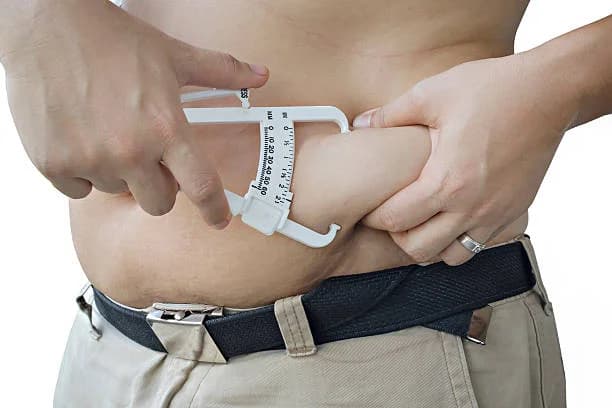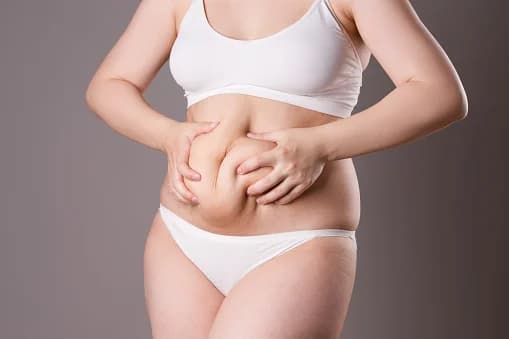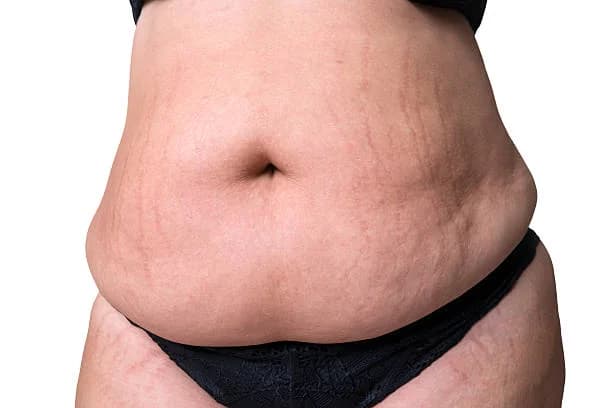Many factors alter the appearance of your midsection, such as age, pregnancy, hormonal fluctuations, stress, and weight changes. You may be unable to reverse these changes, with strict diet changes and exercise. A tummy tuck, or abdominoplasty, is a cosmetic surgical procedure that improves the shape and appearance of your abdomen.
During the procedure, excess skin and fat are removed from the abdomen. The connective tissue in the abdomen is tightened with sutures and the remaining skin is then re-positioned to create a more toned look. If you have excess fat or skin around the area of your belly button or a weak lower abdominal wall, you might consider having a tummy tuck.
Why is a tummy tuck done?
There are several reasons you might have excess fat, poor elasticity of the skin, or weakened connective tissue in your abdomen. These include:
Significant changes in weight
Pregnancy
Abdominal surgery, such as a C-section
Aging
Your natural body type

A tummy tuck can also remove stretch marks left from pregnancy, but keep in mind a tummy tuck won’t correct stretch marks outside of this area. If you’ve had a C-section, don’t worry about having yet another scar on your body, your surgeon can incorporate your existing scar into your tummy tuck scar. You can also have other body contouring cosmetic procedures alongside a tummy tuck, such as breast surgery.
Who are the best candidates for a tummy tuck?
A tummy tuck isn't for everyone. Your doctor might caution against a tummy tuck if you:
Plan to lose a significant amount of weight
Might consider pregnancy in the future
Have a severe chronic condition, such as heart disease or diabetes
Have a body mass index that's greater than 30
Smoke
Have had a previous abdominal surgery that caused significant scar tissue
Generally, a tummy tuck is suitable for those in good general health, with a stable weight. Abdominoplasty can be the right choice for women who’ve had several pregnancies and those who’ve had significant weight changes.

Who is not suitable for a tummy tuck?
Since pregnancy can cause muscle separation, you should put off your tummy tuck surgery till after your pregnancy. Also if you are planning to lose weight, a tummy tuck is not the solution for you, but if you have the surgery after you lose weight it can help tighten the loosened skin.
What are the complications and side effects of a tummy tuck?
As expected, you will have pain and swelling after surgery. Your doctor will prescribe pain medications as needed. Your tummy may be sore, numb, and bruised for several weeks. As with any surgery, there are risks and complications, which include:
Scarring.
Hematoma (bleeding).
Infection.
Seroma (accumulation of fluid).
Poor wound healing.
Blood clots.
Numbness or other changes in sensation
Other complications include:
Fat necrosis (death of fatty tissue located deep in the skin).
Wound separation.
Asymmetry (unevenness or lopsidedness).

Recovery
You should make plans to stay away from work and exercise for 4-6 weeks after surgery. You should avoid driving for a few weeks. It usually takes about 6 weeks to fully recover and see the full effect of a tummy tuck. Your surgeon will give you a special type of corset or tummy-control pants for 6 weeks, which helps your skin to heal and reduce any swelling. You should also keep your knees bent while in bed, to avoid putting strain on your stitches. After 6 weeks you’ll be able to return to doing most of your usual activities.
Conclusion
In conclusion, ideal candidates for a tummy tuck are individuals who are in good overall health, have achieved a stable weight, and possess realistic expectations about the procedure's outcomes. It is particularly suited for those who are troubled by excess abdominal skin and fat that has not responded to diet and exercise. Non-smokers are preferred candidates, as smoking can affect the healing process. Ultimately, a tummy tuck is a personal decision and should be considered for one's own satisfaction rather than to meet an external ideal or expectation. It's essential to consult with a qualified plastic surgeon to determine if a tummy tuck is the right choice for an individual's specific circumstances and goals.